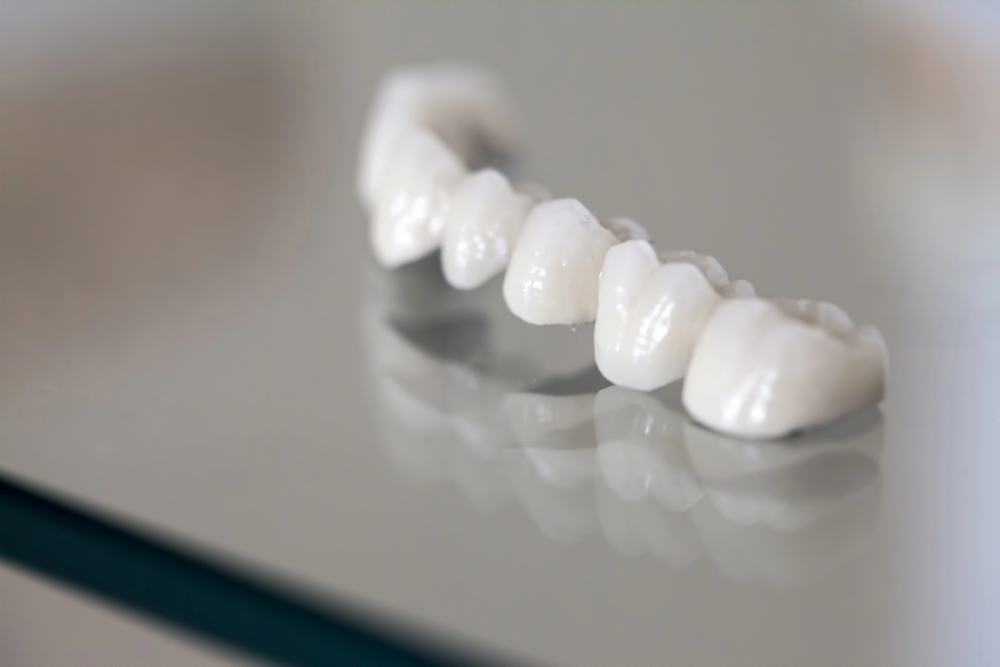
Dental crowns have long been heralded as a solution to myriad dental issues, from restoring the strength and functionality of a damaged tooth to enhancing its aesthetic appeal. These tooth-shaped caps, typically made of porcelain, ceramic, metal, or a combination thereof, are custom-fitted to encase a damaged or weakened tooth, providing protection and support. While advancements in dental technology have made procedures like CEREC (Chairside Economical Restoration of Esthetic Ceramics) crown placements more accessible and efficient, complications can still arise, highlighting the importance of understanding potential issues and seeking prompt treatment.
As perfect as CEREC dental crown procedures can be, complications may occur due to various factors, ranging from improper fit to underlying dental health issues. One common complication is discomfort or pain following crown placement. While some discomfort immediately after the procedure is normal as the tooth adjusts to the new crown, persistent pain could indicate issues such as nerve irritation, improper fit, or an underlying infection. It’s crucial to communicate any discomfort to your dentist promptly to address potential concerns.
Another complication that may arise with dental crowns is sensitivity. While mild sensitivity to hot or cold substances is normal immediately after crown placement, persistent or heightened sensitivity could signal an improper fit, nerve exposure, or decay beneath the crown. Your dentist may need to adjust the crown or address underlying issues to alleviate sensitivity and ensure your comfort.
Furthermore, dental crowns can sometimes become loose or dislodged, compromising their functionality and leaving the underlying tooth vulnerable to damage or decay. This may occur due to factors such as inadequate cementation, trauma, or underlying structural issues with the tooth. If your crown feels loose or comes off entirely, it’s essential to see your dentist promptly to prevent further complications and secure the crown back in place.
In some cases, dental crowns may cause gum irritation or inflammation. This can occur if the crown margin is too close to the gum line, leading to irritation and potential gum recession. Additionally, inadequate oral hygiene or plaque buildup around the crown can contribute to gum inflammation and periodontal issues. Regular dental visits and meticulous oral care are crucial for maintaining gum health and preventing complications associated with dental crowns.
While complications with dental crowns can be concerning, prompt treatment and proactive dental care can often resolve these issues effectively. Treatment approaches may vary depending on the nature and severity of the complication but may include:
1. Adjustment or Replacement: If a dental crown is causing discomfort, sensitivity, or other issues, your dentist may need to adjust the fit or replace the crown entirely to ensure proper function and comfort.
2. Endodontic Therapy: If complications such as nerve irritation or infection are present, endodontic therapy, commonly known as a root canal, may be necessary to address underlying issues and preserve the tooth’s integrity.
3. Gum Treatment: If gum inflammation or recession occurs due to a poorly fitting crown, your dentist may recommend gum treatment to alleviate irritation and restore gum health. This may involve deep cleaning, medication, or other periodontal procedures.
4. Crown Recementation: If a crown becomes loose or dislodged, your dentist can often recement it back in place. However, if the crown is damaged or if underlying issues are present, a new crown may be necessary.
5. Replacement with Alternative Materials: In some cases, complications with dental crowns may prompt the need for alternative materials or treatment approaches. Your dentist will assess your specific situation and recommend the most suitable course of action.
While dental crowns can effectively restore function and aesthetics to damaged teeth, complications may arise, necessitating prompt attention and treatment. As perfect as CEREC dental crown procedures can be, it’s essential to be aware of potential issues and communicate any concerns to your dentist promptly. With proactive dental care and timely intervention, complications associated with dental crowns can often be effectively managed, ensuring the longevity and success of your dental restoration.

